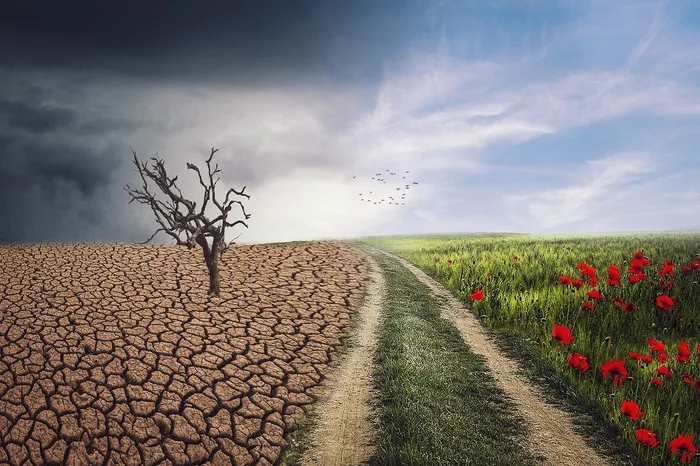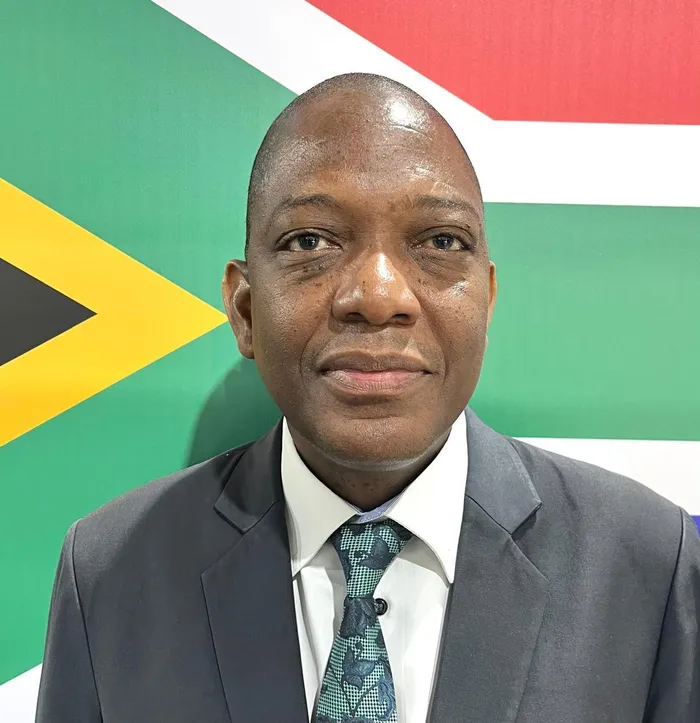Climate action can’t wait – and neither can Africa

Climate change is no longer a future problem – it’s happening now, and having dramatic impacts, especially on vulnerable countries and including on our own continent, says the author.
Image: Pixabay
Climate change is no longer a future problem – it’s happening now, and having dramatic impacts, especially on vulnerable countries and including on our own continent. Climate action is necessary on all fronts – ambitious mitigation to reduce impacts, ambitious adaptation, to cope with impacts and build long-term resilience, and measures to address loss and damage, where impacts cannot be avoided. All of these require financing, structured in a way that developing countries can afford, and enhanced international co-operation, both to address climate mitigation and impacts, and to make progress in meeting the sustainable development goals. Climate change requires a response which addresses social, economic and environmental challenges
Without a united, whole-of-society response, at a national and multilateral level, these impacts will only worsen. South Africa is aligning its domestic action with international priorities to drive real outcomes under its 2025 G20 Presidency. Our G20 agenda prioritises the unlocking of climate finance. Between 2031 and 2050, global climate financing needs are expected to exceed US$10 trillion. Yet the countries most in need, developing nations with the lowest emissions, often have the least access to post-disaster recovery funding, and to climate finance at the necessary scale to fund long-term transformation.
This vital work on the response to climate change and sustainable development challenges, and how to finance this, is being driven during South Africa’s G20 presidency by both the G20 Sustainable Finance Working Group (SFWG), and the G20 Environment and Climate Sustainability Working Group (ECSWG); it is of critical importance to address the obvious linkages between the work of these two groups.
The ECSWG has as one of its key goals to strengthen implementation of multilateral agreements on sustainable development and the environment, and its work is focused on six priorities:
- Biodiversity and conservation
- Land degradation and drought
- Chemicals and waste
- Climate change
- Air quality
- Oceans and coasts
We aim in this group to identify practical solutions for ecosystem restoration, climate adaptation, loss and damage, and sustainable resource use. A key priority is to ensure that the transitions we are working towards are just transitions, focused on people, communities, and economic development.
The urgency of scaled, targeted support for developing nations, especially for adaptation, loss and damage, and capacity development, cannot be overstated. These efforts must reflect the principle of common but differentiated responsibilities, acknowledging each country’s unique circumstances and capabilities.
The G20 offers a global platform to fast-track action, shaped by the results of the first Global Stocktake under the Paris Agreement. As South Africa leads, we are pushing to ensure developing nations can achieve whole-of-society and economy-wide transitions with access to finance, technology, and skills.
Climate change is a threat multiplier but it is also an opportunity. An opportunity to build fairer, stronger, more resilient societies and address our critical sustainable development challenges. If we act together, we can tackle both the climate crisis and achieve our sustainable development goals. There has never been a more important time to act.

Maesela Kekana is the Deputy Director General responsible for Climate Change and Air Quality at the Department of Forestry, Fisheries and the Environment
Image: Supplied
Maesela Kekana is the Deputy Director General responsible for Climate Change and Air Quality at the Department of Forestry, Fisheries and the Environment
BUSINESS REPORT
Related Topics: